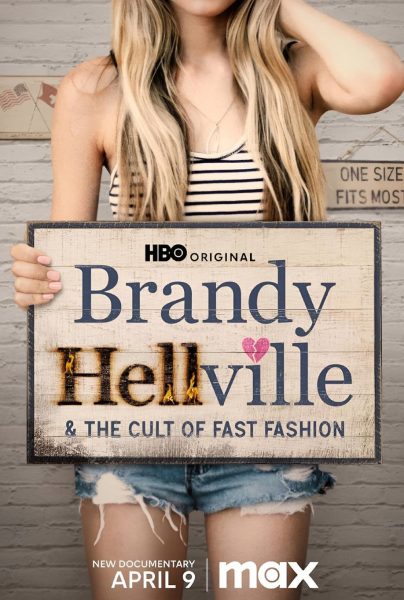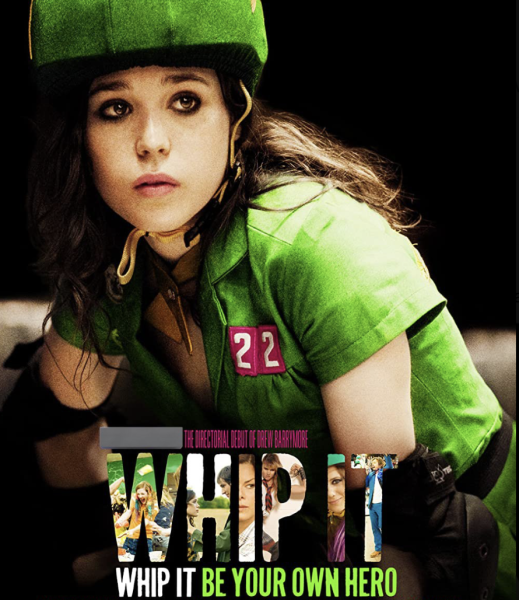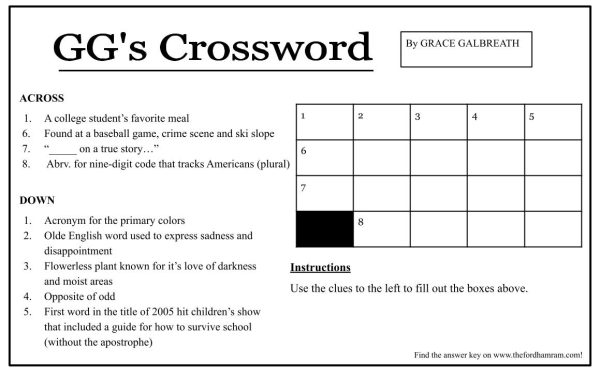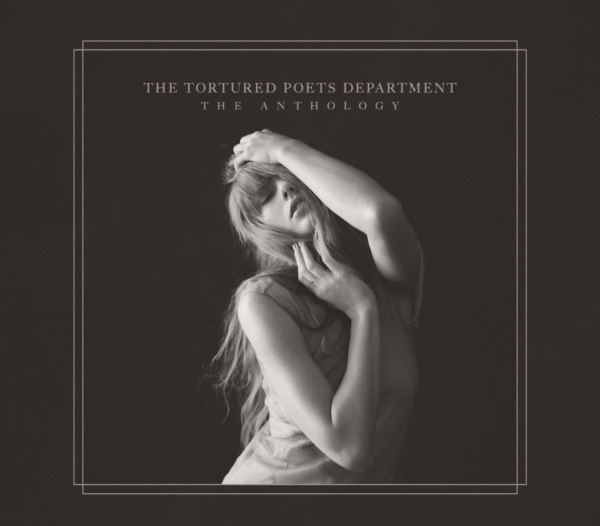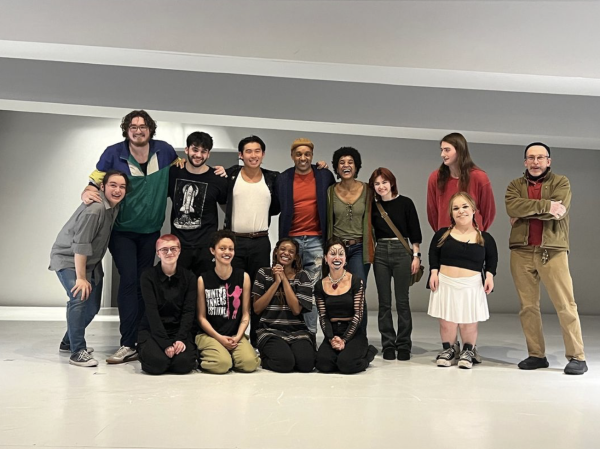“Miss Americana” Gives a Look Into Taylor Swift’s Fame
Taylor Swift is a polarizing giant in pop culture. There is no clear consensus on whether she is annoying, brave, real, calculated or fake. Some people think her writing is poetry, while others think it is overripe and unoriginal. As much as we think we know who Taylor Swift is, her Netflix documentary “Miss Americana” aims to give us a deeper look. Director Lana Wilson filmed it over the course of one and a half years. It covers from Swift’s “Reputation” era to the present.
I don’t know that I would call myself a Taylor Swift fan, but I’ve been aware of her and her music since I was around 10 years old. I found Taylor Swift annoying for a long time. I didn’t like her; I thought she was fake. The fact that she was always posting photos of her and all her model friends on Instagram. The faces she made when she sang. Her insistence that she was a normal person.
She couldn’t possibly have real friendships with all these famous women. She couldn’t really think she was like any of us when she was so famous. In other words, she bugged me.
I was not alone in this sentiment, as the documentary points out. As devoted and vast as her fanbase is, Taylor Swift has been the subject of criticism for years. Despite my lukewarm opinion of her, when I watched “Miss Americana,” I couldn’t help smiling a little bit as she worked through the verses of her new songs. She seemed so happy in a way that isn’t “too-cool,” but genuine.
A lot of Taylor Swift’s success is due to her work ethic. In a home video from her teenage years when asked about her rising fame, she said, “I give myself 5 seconds a day to be happy … the rest of the day I’m trying to make it last.” That does seem to be true. She has made it last. She’s done this by reinventing herself many times, to the point that her fans can divide her life into different “eras.”
Many female artists seem to reinvent themselves every few years. Swift discusses the unfairness of this, saying that men aren’t faced with the constant pressure to keep fans entertained with a new era. She has an awareness of the finite nature of celebrity and doesn’t expect the public to stick with her through endless reincarnations of herself.
At the heart of the documentary is Swift’s struggle with her role as a celebrity and her relationship to not only her fans, but the general public. Fans lining up at her doorstep and constantly stalking her are just another part of the job for Swift.
What seems to get to her more is criticism. In one scene, as she is filming a music video, she looks over the footage and says, “I have a really slappable face.” To her, this seems to be a fact, and one that makes those working on the video more than a little uncomfortable.
Swift says that for years, all she wanted was for people to like her, which she associated with being good and successful.
After her controversy with Kanye West surrounding the lyrics of his song “Famous,” Swift stayed out of the public eye for over a year. She said that during that time, she had to learn how not to seek praise and external validation, and rebuild her system of values.
Throughout the film, Taylor Swift also struggles with the idea of voicing her politics. While it is commonplace for celebrities and musical artists to use their platforms to encourage fans to vote for certain politicians, Swift always sidestepped questions about her political views. Finally, in 2018, she shared a political Instagram post. She encouraged her fans in Tennessee to vote against Marsha Blackburn for U.S. Senate because her policies were hurtful to women.
“Miss Americana” reveals the internal conflict between Taylor and her team surrounding the post. Swift and her mother have a tense discussion with her male managers who tell her that Bing Crosby never shared political opinions. While the parallel is not particularly apt, as Crosby was alive decades ago and it is much more common for celebrities to share political views now, Swift pushes back and insists on publishing the post.
“Miss Americana” paints Swift as a feminist in progress, as someone who is learning how to use her voice for the right reasons and someone who might fumble along the way. She might still annoy us sometimes, but after watching “Miss Americana,” I think her heart is in the right place, and at the end of the day, that is what matters.




